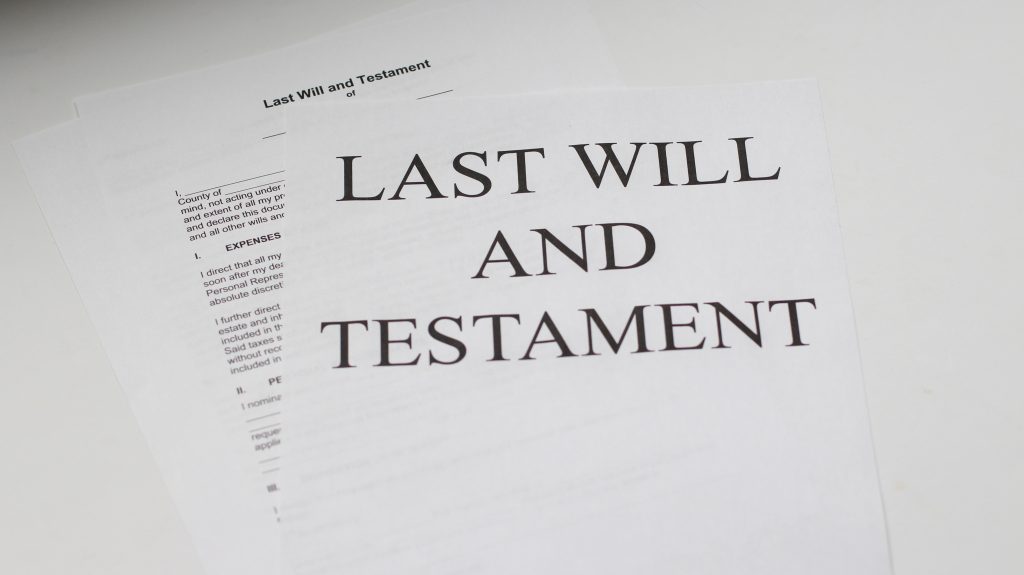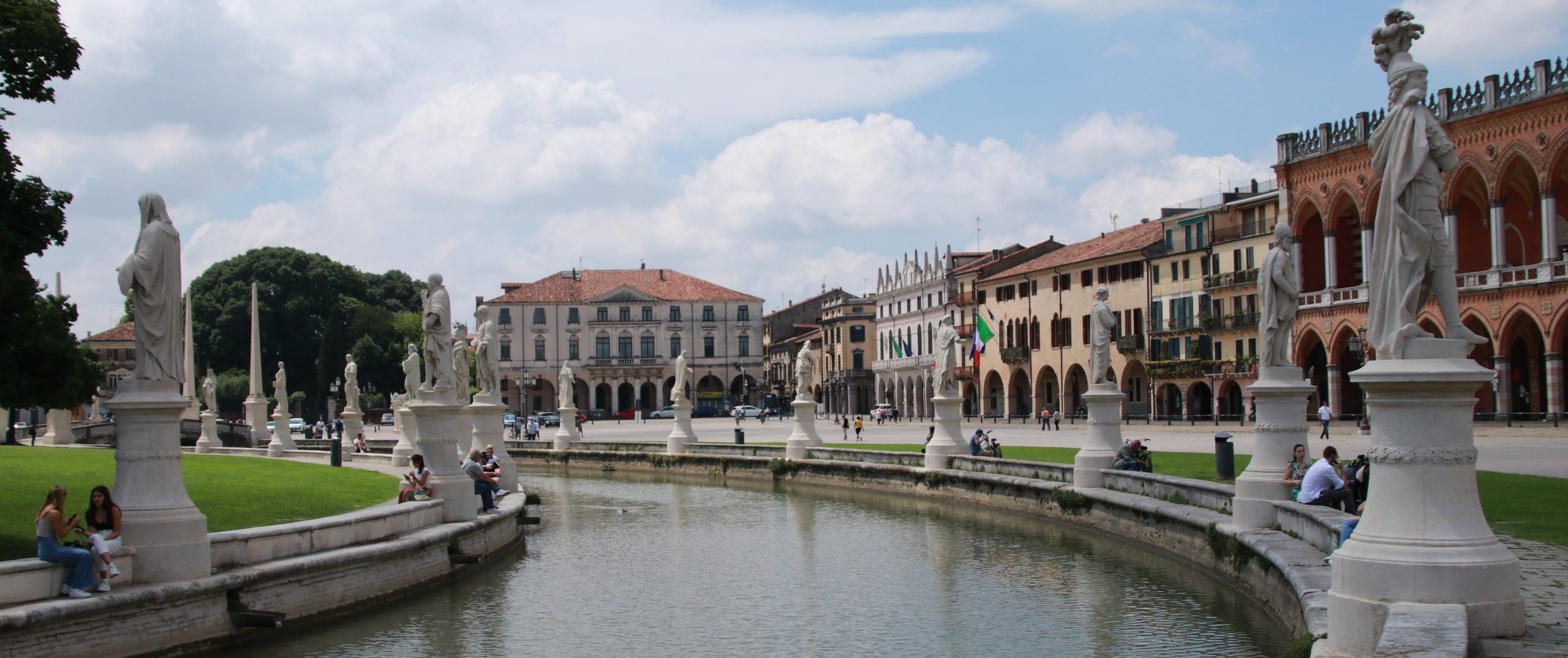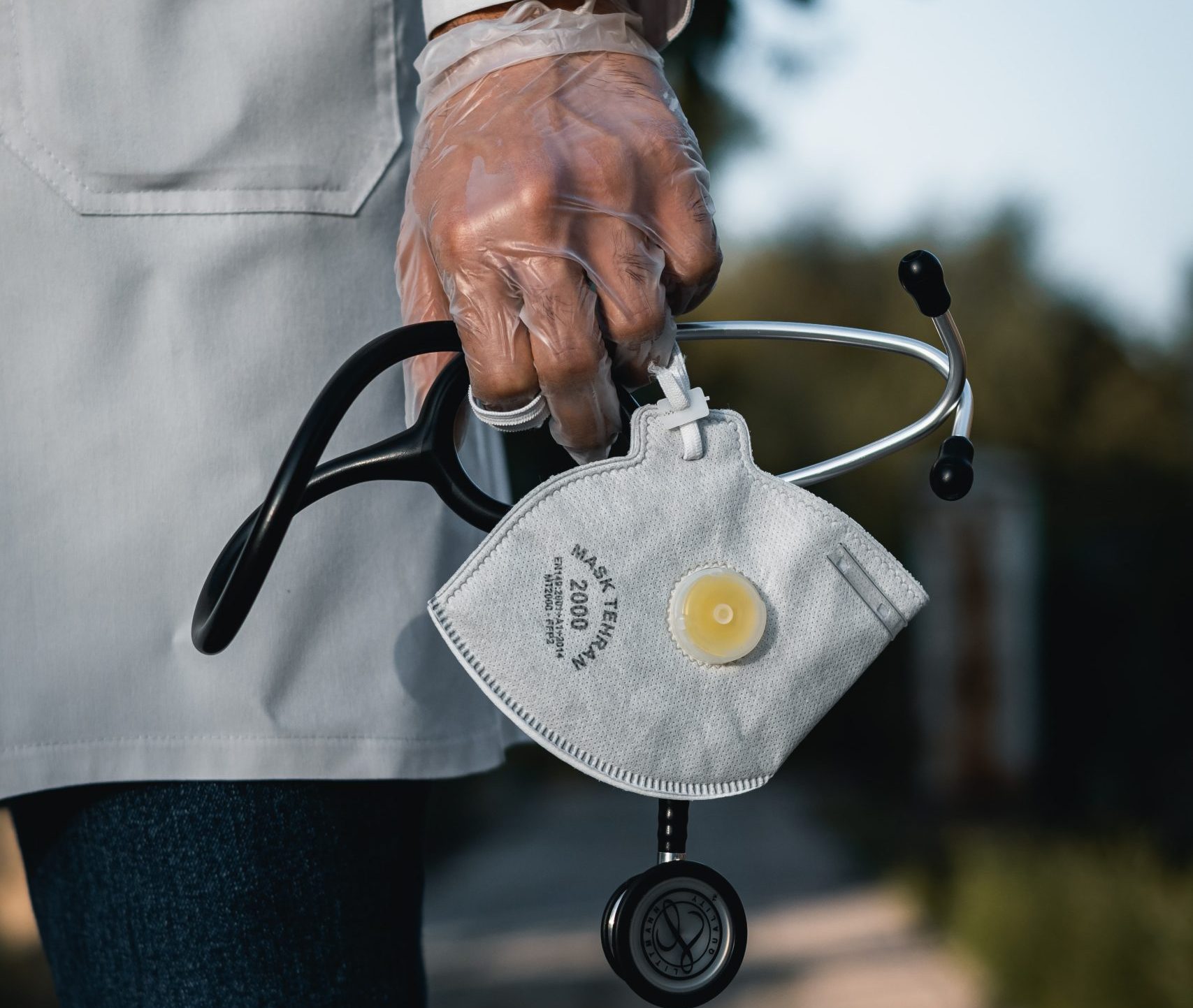Nothing is certain but death and taxes. This is one of the most used quotes by tax accountants and finance professionals to describe the common habit of Western societies to finance their public spending through taxes. You pay tax when you make money, when you spend it, you pay tax on your savings, and also when you die!
Despite Italy being a high jurisdiction country, when it comes to Inheritance taxes its rates are very low compared to other countries.

Table of Contents
ToggleWhat is subject to inheritance tax?
Inheritance tax is levied on gifts and estate transferred from one person to another one, or to a charity/trust.
Prior to understanding what to pay tax on, it is important to make a difference between residents and non residents. Residents of Italy are subject to inheritance tax on their worldwide assets, while non-residents are only subject to Italian tax on the assets located in Italy.
Every asset owned by the deceased is taxable excluding:
- Italian Government bonds;
- Artwork;
- Cars and other registered vehicles;
- Privately held company shares;
- TFR;
- Life insurance proceeds;
- Credits under litigation.
Foreign donations, such as donations received from overseas by Italian residents are not subject to inheritance tax in Italy. On the contrary, donations and estate received overseas by an Italian donor are subject to inheritance tax in Italy (and possibly in the other jurisdiction by the receiver).
All other items are included in the inheritance tax scope, and the value of the estate (or the donation) is calculated as the market value of the items in the estate at the date of death or donation. Real estate is valued on the cadastral value in place of the market value, normally resulting in a lower valuation.
Inheritance tax brackets
The inheritance tax system is based on three brackets 4%-6%-8% and nil rate band varying depending on the relationship between the donor(deceased) and the donee.
Your spouse and every lineal descendant has a € 1,000,000 nil rate band, meaning that each son, or grandson can receive up to € 1,000,000 tax free. If you have 2 children you can pass up to € 2,000,000 tax free; on top of that the donee has to pay a 4% tax.
The 6% rate applies to siblings’ donations and cousins (within 3 degree). Brothers and sisters have a € 100,000 nil rate band.
All the other donations are subject to the 8% inheritance tax rate.
Further breaks are available in case of a disabled donee or donations to certified charities.





